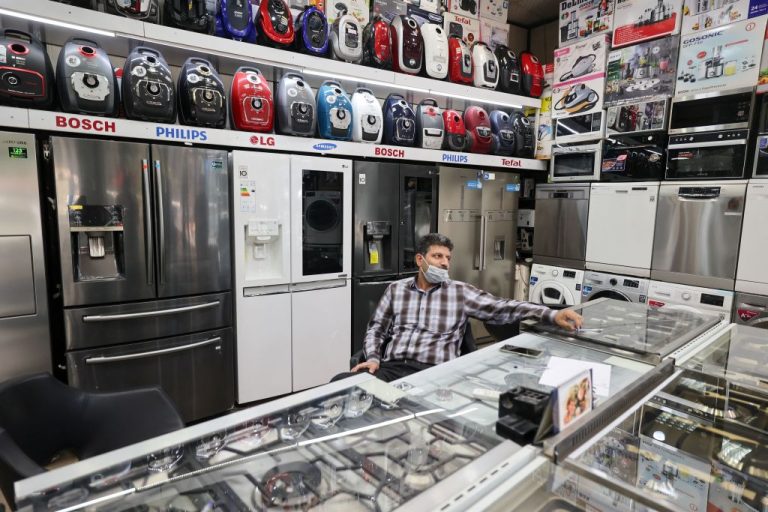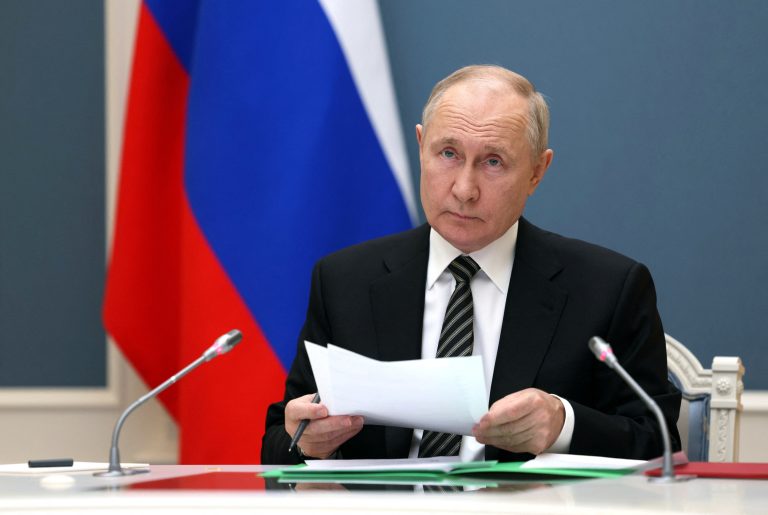In another confirming sign that the world has already entered the early stages of a severe recession, global demand for electronics appears to be plummeting, based on new data from the world’s largest producer of memory chips, South Korea.
Year over year inventory levels jumped a staggering 53.4 percent in May, reported Bloomberg based on data from South Korea’s Statistics Office, who added that stockpiles have been increasing year over year since October.
The outlet noted that when there was a similar 54.1 percent increase in March of 2018, the data point coincided with “a slowdown in revenue growth in the memory chip industry.”
MORE ON THE LOOMING RECESSION
- Musk: Biden Dead Wrong on Chances of Recession
- Is the Establishment Chatter of ‘Disease X’ a Prelude For a Looming, New Global Pandemic?
- Australian Food Processor Says Natural Gas Prices Will Force It to Close
- Iran Suffering Famine? Beef, Dairy, and Fruit Consumption Dropped 30% in a Week
As a macro-level market point of reference, in March of 2018, the NASDAQ composite closed at 7063 points, compared to a close of 11028 in June.
However, the industry is already down more than 30 percent from its November of 2021 high of 16212.
Success
You are now signed up for our newsletter
Success
Check your email to complete sign up
Additional data shows we may still be a long way from the bottom. Although May data on memory chip shipments was still up 8.9 percent year over year, the figure represents the first and only single digit rise since October of 2019.
Production levels also plinked their lowest levels since February of last year.
South Korea’s markets appear to be ahead of the North American markets in the race to the bottom. The KOSPI Composite Index has already almost returned to its pre-COVID highs of 2277 points logged in January of 2020.
KOSPI closed June at 2332 points, having fallen from a high of 3316 in January. By comparison, NASDAQ still has a ways to go: 9838 points was its February of 2020 high.
Memory chips are the largest factor driving the South Korean economy, Bloomberg noted.
Although demand for semiconductors appears to have faired somewhat better, industry behemoth Intel spooked the markets in early June when CFO Dave Zinsner told a Bank of America conference on June 7 that the macro side of the economy is clearly “weaker.”
“That’s clearly going to impact us, as it will virtually everybody else in not only the semiconductor industry but globally in terms of corporations,” Zinsner said, according to Bloomberg.
The CFO’s comments coincided with the company’s share price gapping down the next day. Intel closed June 7 at $43.53, but opened the next day at $42.25 before closing at $41.23.
Intel closed the month at $37.41, its lowest price since August of 2017, down from a recent cycle high of $67.50 posted in April of 2021.
Rival AMD likewise closed June at $76.47, down from a November of 2021 high of $164.46.
On June 15, an open letter to the leaders of the U.S. House of Representatives and Senate, signed by nearly every major tech CEO, including the bosses of Intel and AMD, called on the government to hasten passing a bill to President Biden that would subsidize the building of several semiconductor facilities on U.S. soil.
The bill, utopianly-titled Creating Helpful Incentives to Produce Semiconductors (CHIPS) for America Act was passed as a rider to a January of 2021 National Defense Authorization Act update and donates $52 billion in subsidies to tech corps.
A June 22 article by The Washington Post explained the paperwork “has been bogged down over disputes about elements of the legislation unrelated to chips, including climate provisions and trade with China.”
Meanwhile for AMD, the company reported prices for its GPU product lines, which are primarily used less for graphical processing and video gaming as they are for the wasteful practice of cryptocurrency mining, have fallen upwards of 50 percent as the 2021 cryptocurrency bubble has popped.
Additionally, in March, Taiwan Semiconductor Manufacturing Co. (TSMC) Chairman Mark Liu commented that consumer demand for electronics was already significantly down, “especially in China.”
















